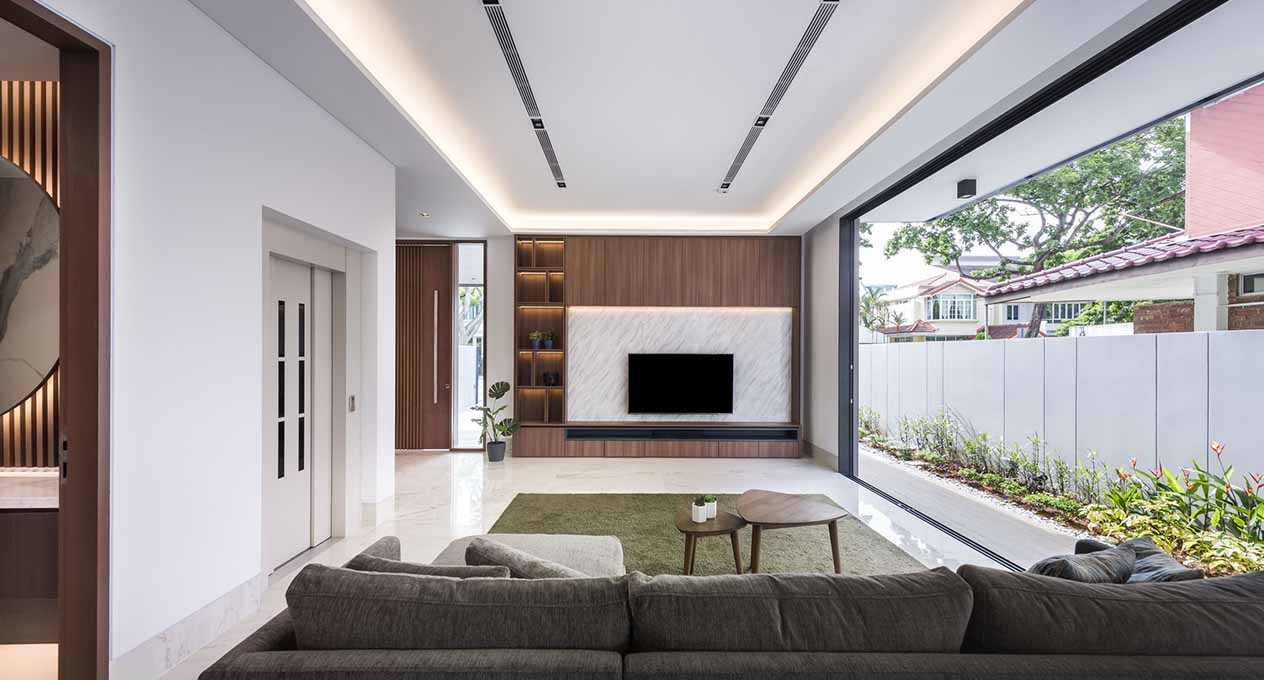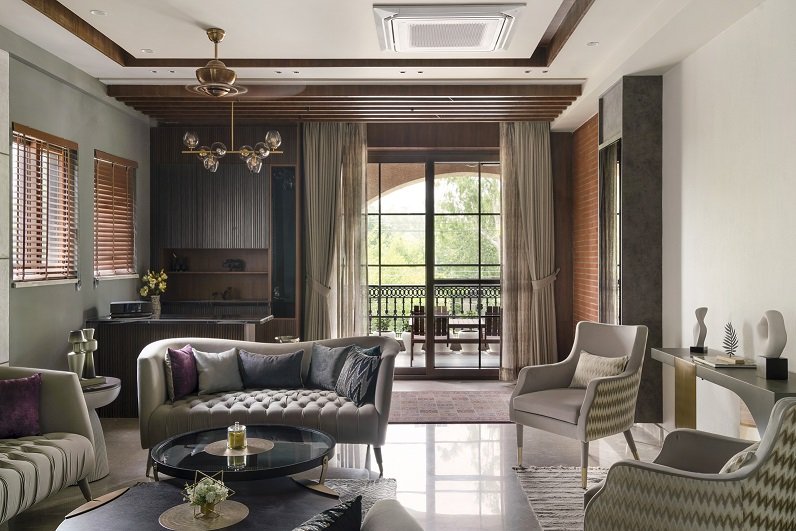Expert Countryside Homes Interior Design for a Peaceful Escape
The Art of Equilibrium: Exactly How Interior Design and Home Architect Collaborate for Stunning Results
In the realm of home design, striking a balance between aesthetic appeals and functionality is no tiny task. This fragile equilibrium is attained with the unified partnership between interior designers and architects, each bringing their one-of-a-kind know-how to the table. The outcome? Spaces that are not just aesthetically stunning but also exceptionally livable. This ideal mix is not constantly simple to obtain. Remain with us as we explore the details of this joint procedure and its transformative influence on home style.
Understanding the Core Distinctions In Between Interior Decoration and Home Design
While both indoor design and home design play essential functions in creating visually pleasing and practical spaces, they are inherently different disciplines. It deals with the 'bones' of the framework, functioning with spatial measurements, load-bearing wall surfaces, and roof styles. On the various other hand, indoor style is much more concerned with improving the sensory and visual experience within that framework.
The Synergy Between Home Design and Inside Design
The synergy in between home architecture and Interior Design depends on a shared vision of style and the enhancement of functional looks. When these 2 areas straighten harmoniously, they can change a living area from common to amazing. This cooperation calls for a much deeper understanding of each self-control's principles and the ability to produce a natural, cosmetically pleasing atmosphere.
Unifying Style Vision
Unifying the vision for home design and indoor style can develop a harmonious living space that is both useful and aesthetically pleasing. It advertises a collaborating strategy where architectural components enhance interior layout elements and vice versa. Hence, unifying the layout vision is vital in blending design and interior layout for stunning outcomes.
Enhancing Functional Aesthetics
Just how does the synergy between home style and Interior Design enhance useful aesthetics? This synergy enables the production of areas that are not just visually enticing however likewise easily functional. Architects lay the foundation with their structural design, making certain that the space is efficient and functional. The interior developer then enhances this with meticulously chosen components that enhance the appearances without compromising the functionality. This harmonious partnership can lead to homes that are both lovely and liveable. As an example, a designer may develop a house with high ceilings and huge windows. The interior developer can after that accentuate these attributes with large drapes and tall plants, specifically, therefore improving the aesthetic charm while keeping the useful benefits of natural light and spaciousness.
Significance of Cooperation in Creating Balanced Spaces
The partnership between indoor designers and engineers is crucial in producing well balanced rooms. It brings harmony in between design and architecture, bring to life areas that are not just cosmetically pleasing yet also useful. Discovering effective collaborative approaches can offer understandings right into exactly how this synergy can be properly accomplished.
Balancing Design and Architecture
Equilibrium, an essential aspect of both indoor layout and architecture, can just really be attained when these 2 fields work in harmony. This joint process results in a natural, balanced style where every element contributes and has an objective to the total aesthetic. Harmonizing design and style is not simply regarding producing beautiful spaces, yet regarding crafting rooms that function seamlessly for their inhabitants.
Effective Joint Methods

Case Researches: Successful Integration of Style and Design
Examining numerous study, it comes to be obvious how the effective integration of Interior Design and architecture can transform a space. The Glass House in Connecticut, renowned for its minimalistic beauty, is one such instance. Engineer Philip Johnson and interior designer Mies van der Rohe collaborated to develop a harmonious balance between the interior and the structure, leading to a seamless flow from the outside landscape to the internal living quarters. An additional exemplar is the Fallingwater House in Pennsylvania. Engineer Frank Lloyd Wright and interior designer Edgar Kaufmann Jr.'s collective efforts result in a stunningly one-of-a-kind house that mixes with its natural environments. These situation researches highlight the extensive influence of an effective style and architecture collaboration.

Getting Rid Of Obstacles in Layout and Design Partnership
In spite of the indisputable benefits of an effective cooperation in between Interior Design and style, it is not without its difficulties. Communication problems can develop, as both celebrations may make use of various terminologies, understandings, and approaches in their work. This can lead to misunderstandings and hold-ups in project completion. Another major obstacle is the harmonizing act of looks and performance. Engineers may focus on structural honesty and safety, while developers concentrate on convenience and design. The assimilation of these goals can be intricate. In addition, spending plan and timeline restraints usually include stress, potentially triggering breaks in the collaboration. Therefore, efficient More Bonuses interaction, common understanding, and compromise are essential to get rid of these obstacles and achieve a successful and unified cooperation.

Future Patterns: The Developing Relationship Between Home Architects and Inside Designers
As the globe of home design remains to develop, so does the connection between engineers and indoor developers. The trend leans in the direction of an extra integrated and collaborative strategy, breaking without typical functions. Designers are no more entirely concentrated on structural stability, yet additionally involve in boosting aesthetic charm - Winchester architect. On the other hand, indoor designers are accepting technological aspects, influencing total design and functionality. This developing synergy is driven by developments in technology and the expanding need for rooms that are not only visually pleasing yet lasting and also functional. The future promises a much more cohesive, innovative, and adaptive strategy to home layout, as engineers and developers continue to obscure the lines, fostering a connection that genuinely embodies the art of equilibrium.
Final thought
The art of equilibrium in home layout is accomplished through the harmonious collaboration between interior developers and designers. An understanding of each various other's self-controls, efficient interaction, and shared vision are vital in creating aesthetically magnificent, functional, and inviting spaces. Despite difficulties, this collaboration promotes development and development in design. As the partnership in between home engineers and indoor developers progresses, it will proceed to shape future trends, enhancing comfort, effectiveness, and personal expression in our home.
While both indoor design and home architecture play crucial duties in producing visually pleasing and useful areas, they are naturally various self-controls.The synergy in between home design and interior style lies in a common vision of style and the improvement of functional looks.Linking the vision for home architecture and advice indoor layout can develop a harmonious living room that is both functional and aesthetically pleasing. Therefore, unifying the style vision is essential in blending design and interior design for stunning results.
Exactly how does the harmony between home style and interior layout enhance practical visual appeals? (Winchester architect)